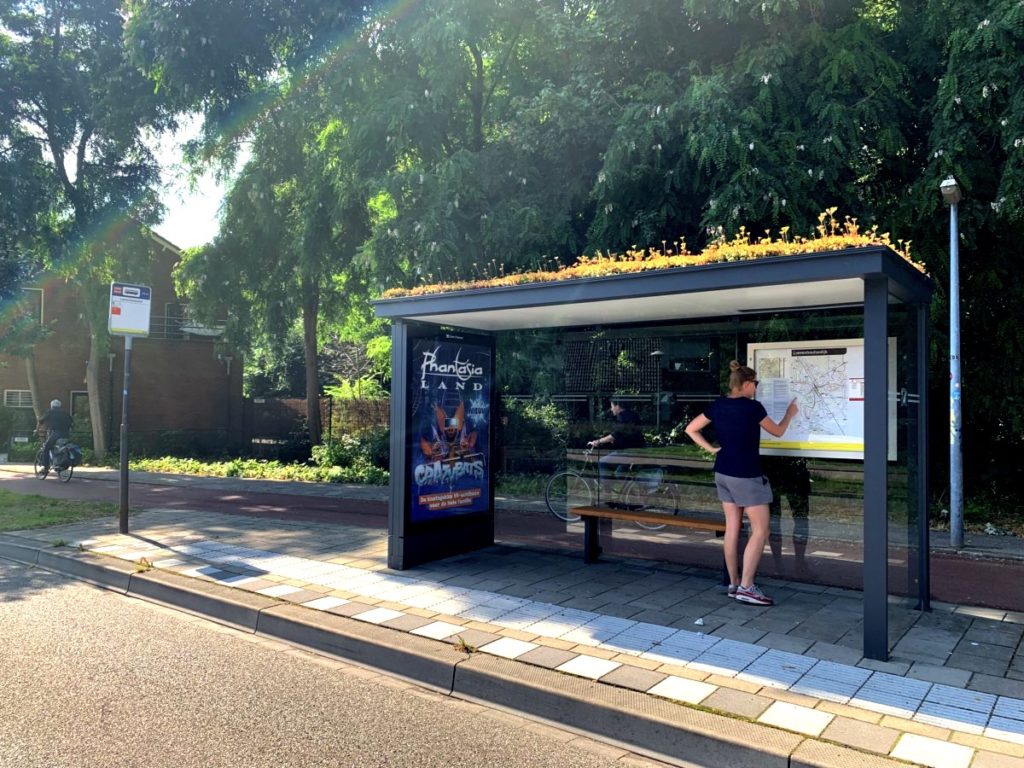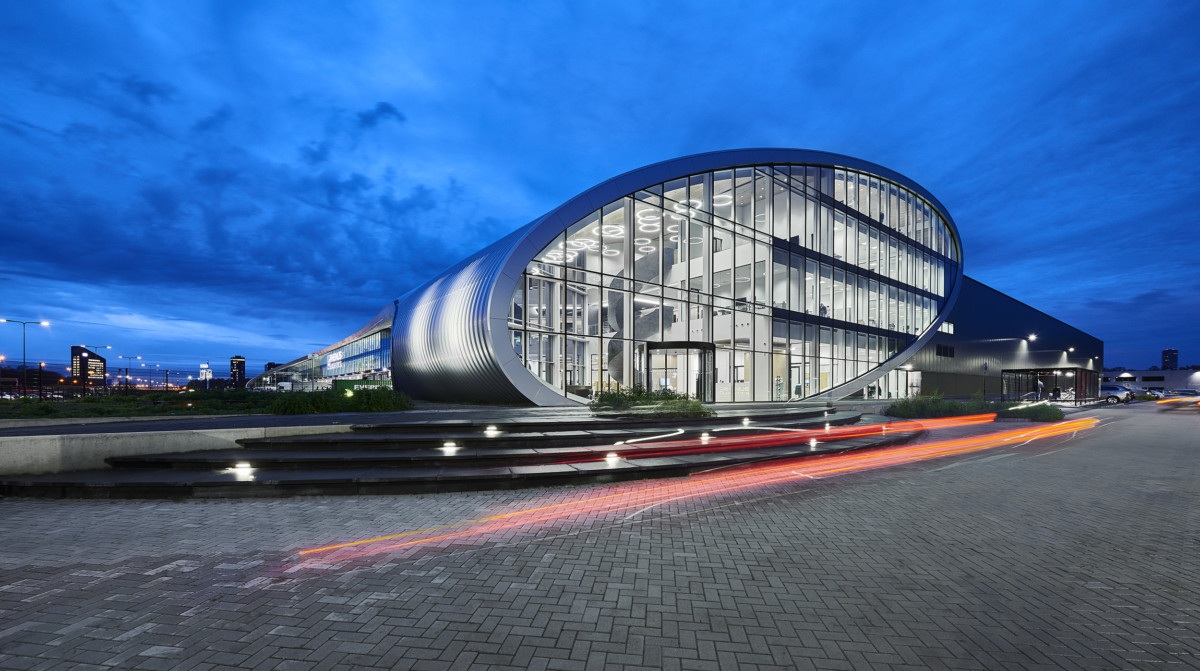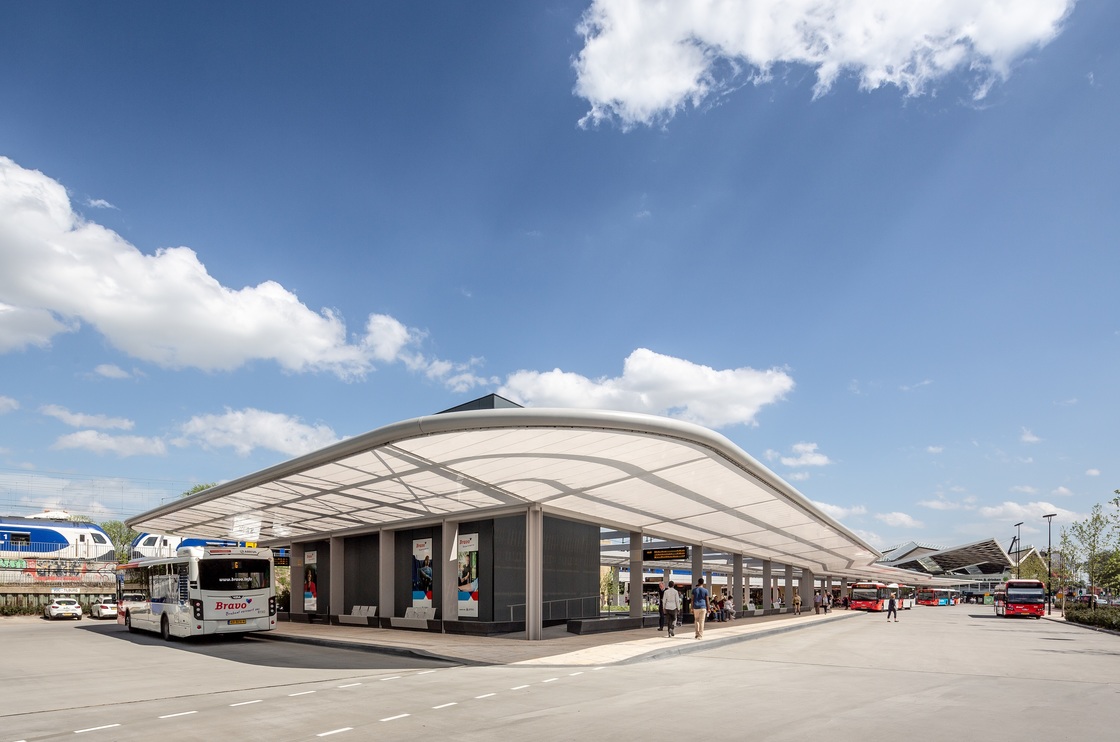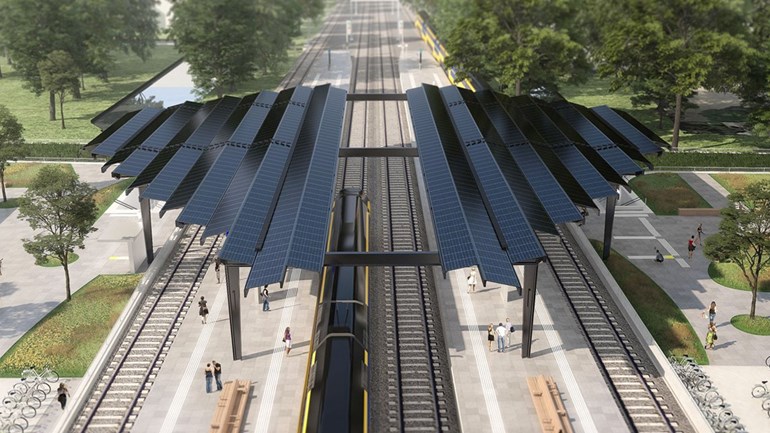When you think of innovation, do the Dutch come to your mind? With inventions like mobile apps that can detect skin cancer, to bicycles that purify the air around them, we wouldn’t be surprised if you answered yes to that question.
But what if we ask you about innovative sustainable development? Do the Dutch come to your mind, then? If not, let us change your outlook with these handpicked seven Dutch projects you may or may not have heard of!
The Dutch are innovative — but are they sustainable?
Right now, everyone would agree that combating climate change needs to be prioritised high. Every year, people turn up for climate strikes in The Hague and Amsterdam and a lot more people are becoming aware of climate change and its effects.
Of course, we can all take steps individually but to truly slow it down (reversing it is out of the question for now), we need large-scale change that has to come from the top.
READ MORE | How do the Dutch feel about climate change?
So, where do the Dutch rank on the sustainability front? As the fifth richest country in Europe, and a continual front-runner on happiness indexes, you would expect the Netherlands would also rank highly on the sustainability index. However, that’s not always the case.
In 2014, CBS, the national statistics office, showed that only 5.5% of all the energy used comes from renewable sources. A report from the Netherlands Environmental Assessment Agency in 2017 also showed us that the country’s then climate policies were not adequate to reach its targets according to the Paris Accord.
However, since then, climate policies and lobbying have frequently come up on the political agenda. And thus, the Dutch Climate Agreement was born. It has set out (ambitious) goals to reduce “the Netherlands’ greenhouse gas emissions by 49% by 2030, compared to 1990 levels”.
READ MORE | 13 forward-thinking things Dutch people do
Needless to say, thinking of ways to combat the climate crisis is high on the Dutch agenda. So will their ambitious goals be met? That is certainly up for debate. Environmental agencies like Greenpeace and Milieudefensie are very sceptical of the Dutch government’s plans and describe them as too vague. However, they’re still making valiant efforts.
Alright, there’s room for improvement — so what’s next?
Let’s look at a few of the innovative projects for sustainable development that are picking up the slack!
From creating hemp houses which could possibly be a solution to the housing crisis to manufacturing fake meat which looks and tastes like the real thing, here are our picks for seven incredible projects the Dutchies have been working on!
How high can you go? The first prefab hemp house was built in the Netherlands!
The Dutch and innovative use of cannabis — they might not be the first or the only ones, but they are doing it well! The Dun Agro Hemp Group has come up with a way to use hemp to make a prefab for a hemp house. They claim this to be sturdier than traditional building materials (being able to withstand earthquakes), and more affordable!
They make the houses using hemp to make “hempcrete”. It’s a strain of cannabis that is a whole lot tougher than we thought. It’s already used to make other things like clothes and biofuel, so why not a whole house?
It is also a “carbon-negative” material: it absorbs 13,500 kilograms of CO2 while it grows, and does not emit even close to that number back into the atmosphere! This CO2 that is built up in the plant is then used to make the hempcrete. This would be sustainable development at its finest if these houses are made on a large scale.
But sorry to disappoint anyone who thought they could get a lifetime supply of weed — there’s no tetrahydrocannabinol (THC) in hemp, the element in cannabis that gets you high. So how high can you actually go? Not that high, I’m afraid.
Food Valley in the Netherlands is trying to find ways to feed 11 billion people
If you haven’t heard about Food Valley, then get reading! It is a collective that is established in the university town of Wageningen that is working towards the ambitious goal of providing “food-related solutions” to end the food crisis and help combat climate change.
Over 8000 scientists and 1800 agrifood companies have come together to work on multiple projects like creating fake meat which looks and tastes like the real thing, bringing insect-based diets into the mainstream, genome mapping, and more. We’ve got the scoop on how Food Valley is innovating food-growing, or you can check out their website!
The Netherlands is home to the largest and most powerful offshore wind turbine in the world
The world’s largest and most powerful offshore wind turbine has been installed in Rotterdam and is being tested out until 2024, after which it’ll go into 15 years of regular service. The Haliade-X 12 MW is designed to be set up at sea, where the winds are stronger and blows more often.
In general, larger wind turbines create higher energy at lower costs as compared to the ones that are extensively used right now. This testing period will also help TNO research on how to build more of these large turbines.
Innovative Dutch projects: Is that a bus stop? Nope, that’s a bee stop!
Utrecht city turned 316 bus stops into something a whole lot more special — they made the roofs of the bus stops green so that bees can find a cosy temporary home while they’re busy making their pollination rounds. The roofs have been planted with wildflowers and grass so that different kinds of bees will be attracted.
READ MORE | Bee-ing happy: how the Netherlands keeps its buzz
They might sting, but they’re an integral part of the ecosystem so feign your fear here, folks! Because these roofs are not just for them, but for you too — they store rainwater, catch some fine dust, and helps in cooling down the bus shelter.

The world’s most sustainable building: the Rhenus warehouse
Could a warehouse distribution centre ever be newsworthy? This one sure can!
The Rhenus warehouse building in Tilburg opened in 2019 and could be the most sustainable building in the world. It has 13,000 solar panels on the roof to power the centre, and large triple-glazed windows, they use rainwater to flush the toilets and are attempting to re-establish the local flora through landscape design.
This warehouse will act as a distribution centre for Rhenus logistics and is located at ‘Het Laar’, the industrial area in Tilburg.

Solar-powered bus station? Yep, that’s an innovative Dutch project too!
Apparently, transforming bus stations is where it’s at in the Netherlands! This one is a completely solar-powered bus station in the city of Tilburg. It’s an architectural marvel to behold as well.
Built by Cepezed Architects, they went for a more minimalistic design with a triangular shape and open space in the middle. It also has an awning covering it to protect you from the harmful UV rays emitted by the sun. The solar panels, which span 250 m2, are placed on top of this awning.

They have solar-powered train stations too!
There’s something about the Dutch, solar energy (even though it’s cloudy and raining all the time), and public transport stations. Their very first solar-powered train station is in Delft.
They started constructing this in January 2019, and is scheduled to be finished by next year. They will be transforming Delft Zuid into Delft Campus.
It will cost a total of 2.4 million euros, of which 1.8 million euros will be funded by the municipality of Delft. The national government will be investing the rest of the money.

Lots of exciting innovative Dutch projects happening in the Netherlands! As you can see, they are not yet implemented on a larger scale.
What do you think the Dutch government can do? Are there any projects you’d like to see added to this list? Tell us in the comments below!
Editor’s Note: This article was originally published in September 2019, but was fully updated in October 2022 for your reading pleasure.
